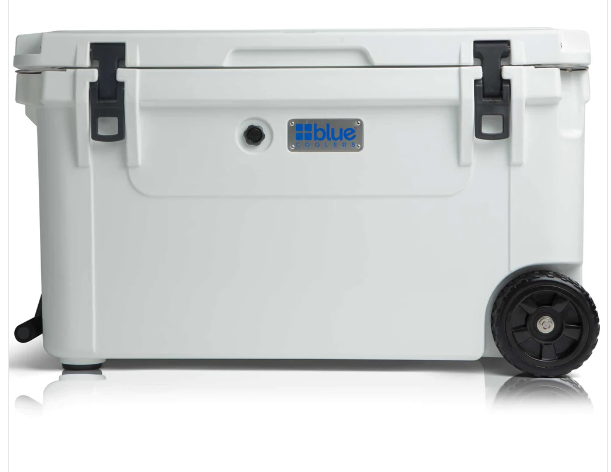Comprehensive Cooler Comparisons


When it comes to the great outdoors, one of the most essential items for keeping your food and beverages fresh and cold is a high-quality cooler. Among the top brands in the market is the well-known Yeti brand, offering an array of high-end models specially designed to withstand tough conditions and keep your items cold for longer periods. However, with several other comparable brands on the market, it’s crucial to evaluate all options before deciding on the best cooler for your specific needs.
Yeti coolers have earned a reputation for their superior quality and durability, and it’s no surprise why. The coolers are made from rotomolded polyethylene, which provides a sturdy and durable exterior that can withstand impact, harsh weather conditions, and UV rays. The brand offers different sizes of coolers, from the portable Roadie 24 to the large Tundra 350. Innovative technologies, such as the T-Rex lid latches and the Permafrost insulation, ensure a secure and tight seal and longer ice retention periods.

Despite Yeti’s superior performance, its high price point may not make it the best option for budget-conscious buyers. Prices range from a few hundred dollars for smaller models to over a thousand dollars for larger ones. Engel coolers, for example, offer similar features, such as air-tight gaskets and UV-resistant exteriors, as Yeti, but at a more affordable price point. Engel coolers are made from roto-molded polyethylene and come in different sizes, from the portable Backpack Cooler to the large DeepBlue 80. However, they are heavier than Yeti coolers, which can make them less portable.
Pelican coolers are another option for those seeking high-quality, protective cases. Like Yeti and Engel, they’re made from roto-molded polyethylene, providing durability and resistance to impacts and harsh weather conditions. Innovative technologies such as the Press & Pull Latches and the freezer-grade gasket ensure a secure seal and longer ice retention periods. Pelican coolers offer similar ice retention as Yeti coolers, but at a more affordable price point. They come in different sizes, from the portable Elite 20QT to the large Elite 250QT. However, Pelican coolers are also heavier than Yeti coolers, which could make them less portable.
Coleman coolers, a brand known for its affordable outdoor gear, is an excellent option for those on a budget. These coolers are made from high-density polyethylene, offering durability and resistance to impacts and harsh weather conditions. Thermozone insulation helps to keep your items cold for longer periods, and the Have-A-Seat Lid provides a comfortable place to sit. However, Coleman coolers may not have the same level of durability as Yeti, Engel, or Pelican coolers.

Orca, another brand that is often compared to Yeti, offers high-quality rotomolded coolers, drinkware, and outdoor gear. They come in various sizes and colors and have a reputation for being tough and durable. Orca coolers tend to be more affordable than Yeti coolers, making them a popular alternative. However, some users have reported that the lid of the Orca cooler can be challenging to open and close, which can be frustrating when you’re trying to quickly grab a drink or snack. Unlike Yeti’s five-year warranty, Orca offers a lifetime warranty on their coolers, providing consumers with peace of mind that they’re making a long-term investment in a durable cooler.
In the grand scheme of things, the vast and multifaceted world of coolers offers a myriad of options that are comparable to the highly lauded Yeti brand. Albeit, one must bear in mind a multitude of factors when delving into the arduous process of cooler selection. The perplexing and bewildering nature of this selection process can be attributed to the sheer number of variables to consider, such as price, durability, warranty, and ease of use.
While Yeti coolers have earned a distinguished reputation for their impeccable quality and remarkable durability, they come at a hefty price tag. Fortunately, alternative brands such as Rtic, Orca, Pelican, and Engel have emerged on the market offering comparable features at a more affordable price point. This makes the decision-making process all the more convoluted and perplexing.
Ultimately, the onus falls on the consumer to deliberate and analyze these factors to select a cooler that caters to their needs and budget. While one may have to navigate through the chaotic labyrinth of the cooler market, the reward of finding a cooler that provides the necessary durability and performance for outdoor expeditions, while also being financially viable, is worth the turbulence.





